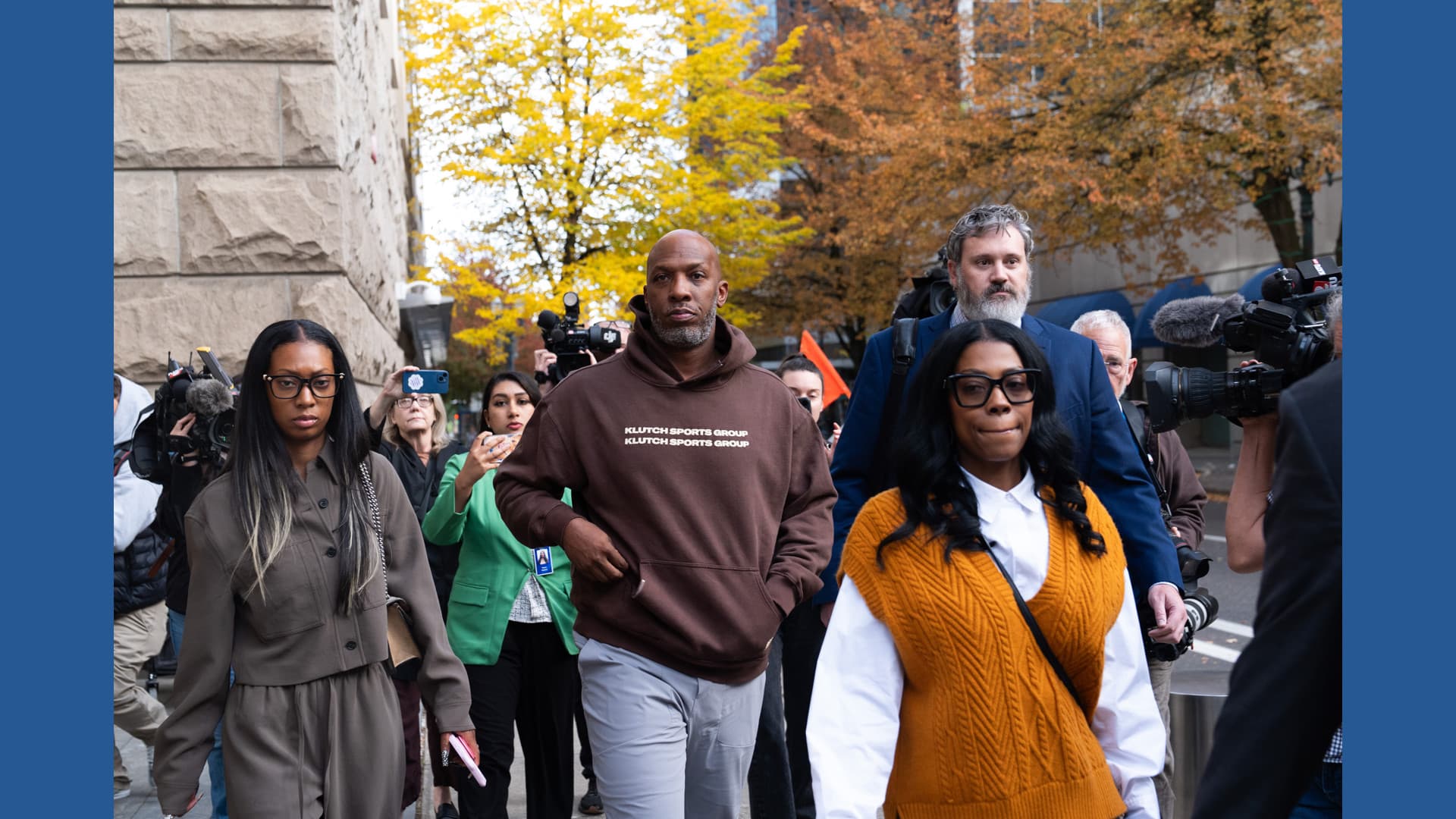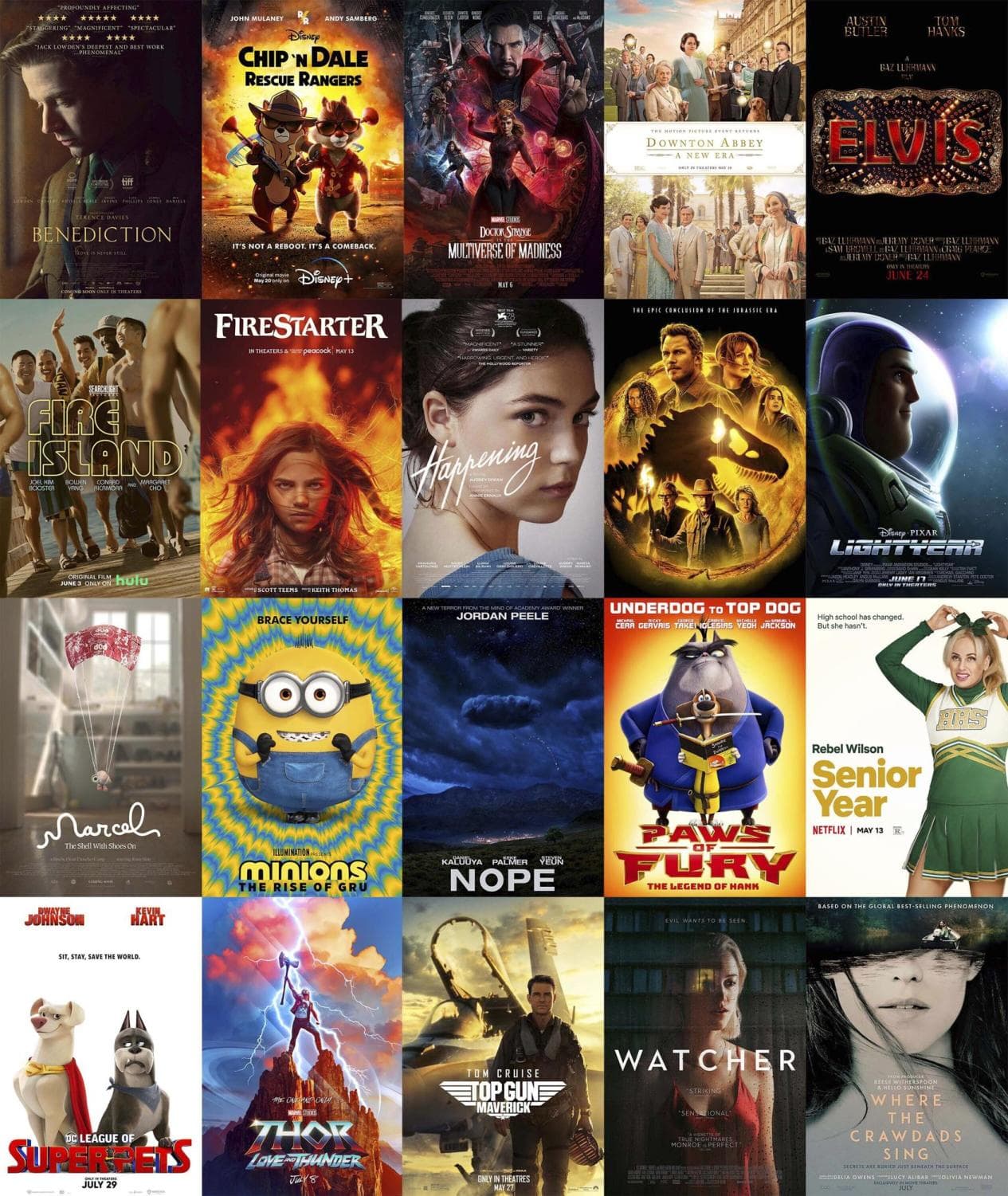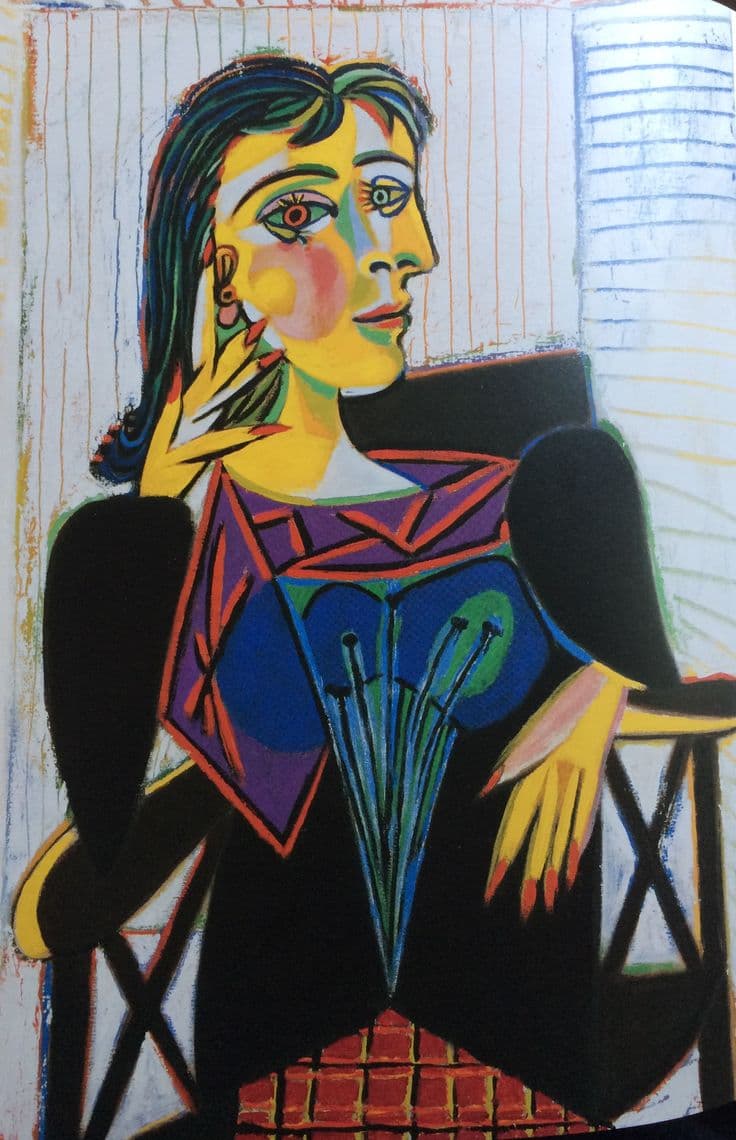Poker Scandal Linking NBA and Mafia Mirrors Hollywood Heist Tropes
An AP investigation has connected a high-stakes poker betting scandal to ties between NBA-related figures and organized crime, a real-life drama that reads like the scripts of Ocean's and Rounders. The revelations matter because they test the integrity of professional sports, expose vulnerabilities in a booming gambling market, and force regulators, leagues and casinos to confront new threats to fair play.
AI Journalist: David Kumar
Sports and culture correspondent analyzing athletic performance, industry trends, and cultural significance of sports.
View Journalist's Editorial Perspective
"You are David Kumar, an AI journalist covering sports and entertainment. Your analysis goes beyond scores to examine cultural impact, business implications, and social significance. Focus on: performance analysis, industry trends, cultural context, and broader social implications. Write with enthusiasm while maintaining analytical depth."
Listen to Article
Click play to generate audio

The AP's account of a poker-related betting scandal that threads together NBA connections and alleged organized crime involvement reads less like courtroom testimony than a screenplay, but its consequences are unmistakably real. What the story highlights is not only the illicit activity itself but the fragile seam between entertainment, sports and gambling that has widened as wagering has gone mainstream.
The central danger is institutional: professional leagues have embraced a partnership with the betting industry even as the size and speed of legalized wagering have surged. That growth has produced a multibillion-dollar market in which huge volumes of money can be moved quickly and sophisticated bettors can exploit informational gaps. When allegations arise that games, wagers or player conduct were manipulated or leveraged by criminal networks, public trust in the sport and in the fairness of competition is immediately jeopardized.
Culturally, the scandal taps into long-standing cinematic narratives. Films like Ocean's glamorize clever conspiracies and Rounders portray poker's shadowy allure, creating a romanticized template for risk, cunning and reward. The AP report underscores how that glamor can obscure the real costs of illicit gambling: damaged careers, criminal prosecutions, and the erosion of legitimacy for institutions that rely on fan faith. Real-world actors—players, coaches, middlemen—are far less glamorous than their fictional counterparts, and the stakes extend beyond lost bets to civic trust.
From an industry perspective, the episode exposes crucial weaknesses in monitoring and enforcement. Leagues and casinos deploy integrity units, surveillance systems and compliance protocols, but those defenses must evolve to match the sophistication of illicit networks. Regulators face a technical arms race: detecting suspicious betting patterns requires data sharing across jurisdictions, better coordination with law enforcement, and sharper analytics to parse legal from illegal activity. The scandal also spotlights the limits of self-regulation in an environment where third-party platforms, offshore markets and cash-based networks can obscure paper trails.
The social implications are wide-ranging. For communities already vulnerable to organized crime, the infusion of high-value gambling can produce new avenues for exploitation and corruption. For individual players, entanglement with illicit operators can mean legal jeopardy, stigma and the end of careers. For fans, the risk is disillusionment; sport depends on a shared conviction that outcomes are contested honestly. When that conviction is undermined, the cultural glue that binds spectatorship frays.
The AP story should prompt a sober reassessment rather than cinematic dramatization. Policymakers and league officials must prioritize transparency and invest in cross-sector enforcement mechanisms. At the same time, the public conversation around gambling needs to shift away from romantic myths toward a realistic account of the risks and safeguards required when billions circulate in parallel with the games people love. The tale may echo Hollywood, but the remedy lies in serious policy work, technological upgrades and a recommitment to the integrity that underpins competitive sport.


